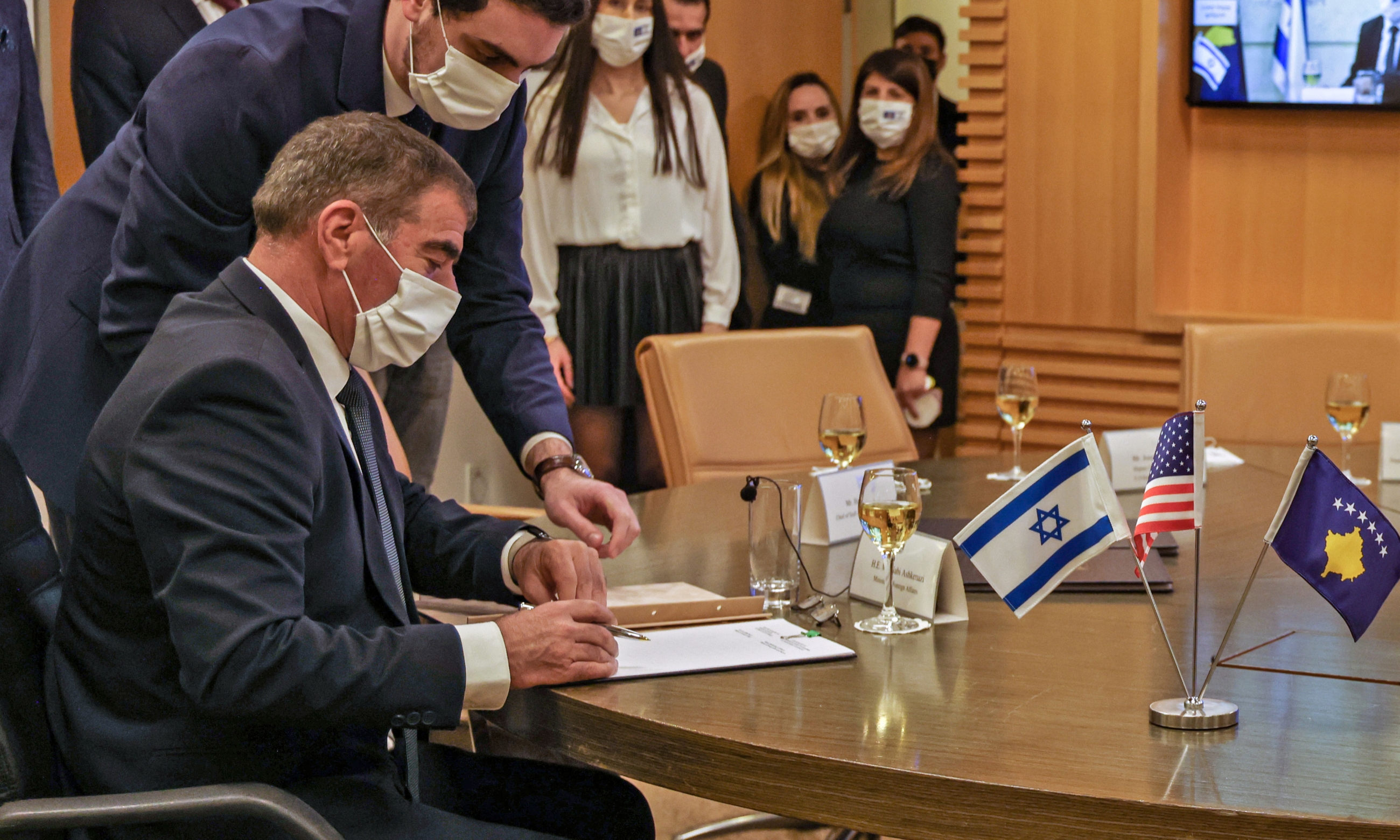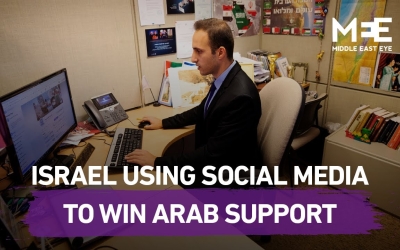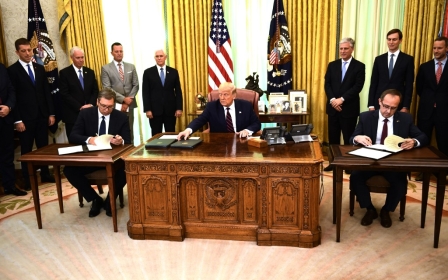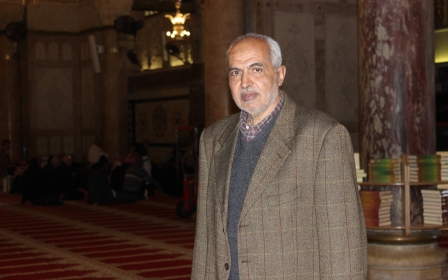Kosovo formally establishes ties with Israel, to open embassy in Jerusalem

Kosovo and Israel established diplomatic ties on Monday, with the Muslim-majority country agreeing to open its embassy in Jerusalem.
In a ceremony held over Zoom in Pristina and Jerusalem, Kosovo's Minister of Foreign Relations Meliza Haradinaj Stublla and her Israeli counterpart Gabi Ashkenazi, signed a joint declaration establishing ties, with Ashkenazi saying he approved Kosovo's "formal request to open an embassy in Jerusalem".
Kosovo agreed to recognise Israel as part of a deal brokered by former US President Donald Trump in September.
The deal also included a pledge by Kosovo to normalise economic ties with erstwhile rival and neighbour Serbia, while the latter vowed to move its embassy to Jerusalem.
"Today Israel becomes the 117th state to recognize Kosovo as an independent and sovereign state. Our people have friendly relations and from today we start relations as two states," Stublla said during the ceremony which was held online due to the coronavirus pandemic and attended by US Deputy Assistant Secretary Matthew Palmer.
Washington recognised Jerusalem as Israel's capital in late 2017 and moved the US embassy there in May 2018, a move that was criticised by the Palestinians and much of the international community.
Israel considers all of Jerusalem as its undivided capital, while the Palestinians see the eastern part of the city as the capital of their future state.
Despite opposing the move when it happened, President Joe Biden has said he would not move the embassy from Jerusalem.
So far, however, Serbia has failed to honour its pledge, with some officials claiming the deal was non-binding.
Kosovo also said it was ready to set up its Israel mission in Jerusalem, in exchange for Israel’s recognition, as it seeks to further legitimise its 2008 declaration of independence from Serbia and statehood.
Ethnic Albanian-majority Kosovo declared independence from Serbia in 2008 after a Nato-led bombing campaign to curtail ethnic warfare.
Serbia, backed by its large Slavic and Orthodox Christian ally Russia, does not recognise Kosovo's independence, a precondition for Serbia's future membership in the European Union.
Middle East Eye propose une couverture et une analyse indépendantes et incomparables du Moyen-Orient, de l’Afrique du Nord et d’autres régions du monde. Pour en savoir plus sur la reprise de ce contenu et les frais qui s’appliquent, veuillez remplir ce formulaire [en anglais]. Pour en savoir plus sur MEE, cliquez ici [en anglais].





